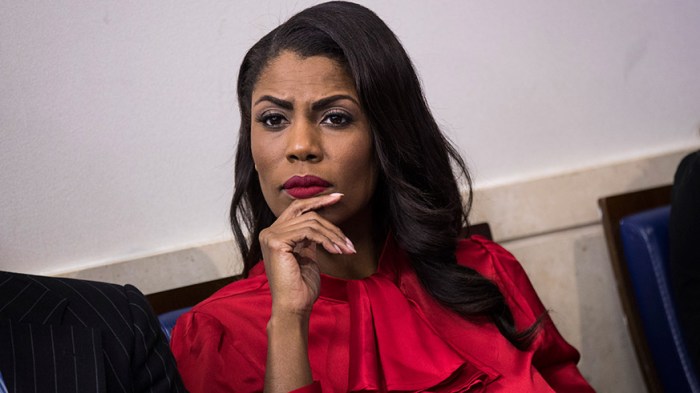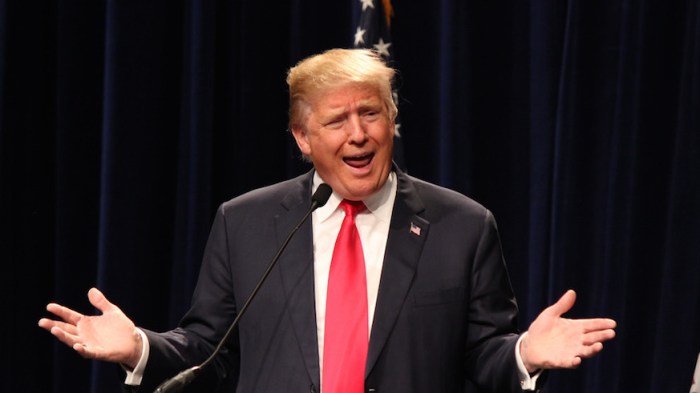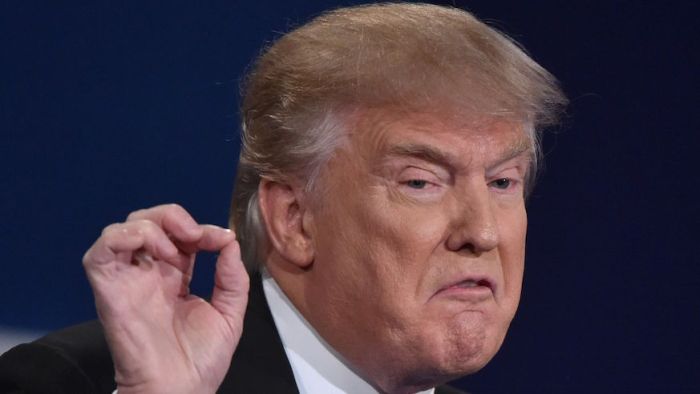UPDATE MARCH 30, 2017: President Donald Trump’s daughter Ivanka will become a federal employee afterall.
Though the 35-year-old First Daughter had already revealed she would take a White House office and has applied for security clearance as an informal advisor, the Wednesday announcement is a break from earlier statements that said the First Daughter would not serve in an official capacity, The New York Times reported. Critics that as an unofficial advisor, Trump would be able to avoid financial disclosure rules. As an unpaid federal employee, she will be held to the same standard as all others working in the White House. “I have heard the concerns some have with my advising the president in my personal capacity while voluntarily complying with all ethics rules, and I will instead serve as an unpaid employee in the White House Office, subject to all of the same rules as other federal employees,” Trump said in a statement on Wednesday. UPDATE March 27, 2017: Jared Kushner, President Donald Trump’s son in law, was tapped Monday to head a new office, the White House Office of American Innovation, meant to increase efficiencies in government, The New York Post reported. American business executives as well as some of the top names in tech including Apple CEO Tim Cook, Tesla CEO Elon Musk and Microsoft founder Bill Gates, will consult with Kushner.
“The government should be run like a great American company. Our hope is that we can achieve successes and efficiencies for our customers, who are the citizens,” Kushner told The Washington Post. Kushner has already been serving as a top adviser to the president.
Originally published March 26, 2017: President Donald Trump’s decision to bring Kushner andFirst Daughter Ivanka into a White House role may be raising ethics concerns, but the notion of bringing presidential relatives in to work in government is nothing new. Ever since the days of John Adams, presidents have faced criticism over decisions to funnel federal jobs and powers to family members. A 1967 law,the Federal Anti-Nepotism Statute, was put in place as part of a Postal Service reform law to stop the practice of padding federal administrations with family members. It states that an executive agency official cannot appoint relatives, including sons, daughters and sons-in-law, to “a civilian position in the agency in which he is serving or over which he exercises jurisdiction or control.” It might sound clear, but a Jan. 20 opinion by the Department of Justice states “the President may appoint relatives to his immediate staff of advisors.” Son-in-law Jared Kushner was sworn in as Trump’s senior adviser on Jan. 22. Last week, Trump announced he would give Ivanka a White House office and top security clearance. She won’t have a formal title or be paid, but she will reportedly be concentrating on issues related to women in the workplace. In recent years,several academics have argued federal anti-nepotism laws don’t apply to the president. The Justice Department weighed in in a January memo, stating the rules did not apply to the White House. Trump isn’t the first president to try to navigate nepotism law loopholes — in the 1990s Bill Clinton had wife Hillary Clinton lead health care task force that held closed-door meetings. A federal judge ruled the first lady was not considered a “government employee,” but mandated meetings be held in public. Before anti-nepotism laws were enacted, there was a long history of presidents calling on relatives to go to work for the country.
John F. Kennedy nominated brother Robert F. Kennedy to become attorney general — he was confirmed by the Senate in 1961 and served for three years.
In 1797, President John Adams hired son John Quincy Adams as a diplomat and appointed him as the U.S. minister to Prussia. He also hired other family members to work in various other government capacities. Woodrow Wilson, Franklin Roosevelt, Dwight Eisenhower had family member as secretaries or aides. Ulysses S. Grant, James Madison, James Monroe, Andrew Jackson, John Tyler, James Buchanan, and Zachary Taylor also hired relatives.















